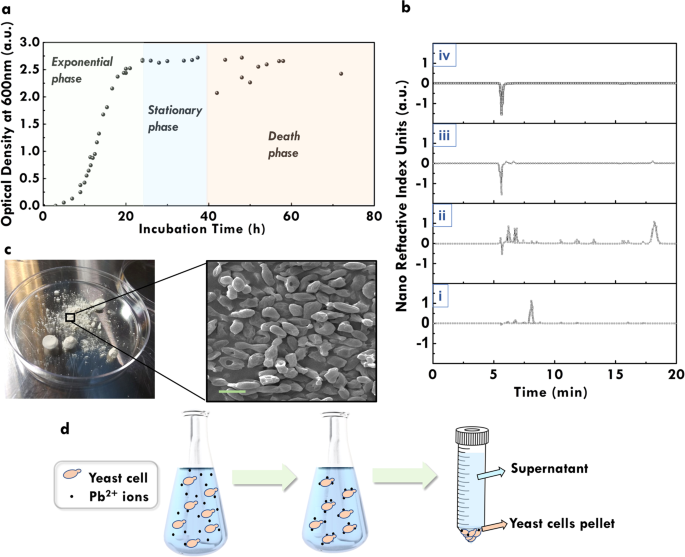2022-08-30 フランクフルト大学
以前とは異なり、地下水位が低下したことで、多くの場所で地下水が上方に押し上げられ、小川や河川に供給されなくなった(浸出)のだ。この圧力の逆転が、地下水への汚染物質の流入を引き起こすのだ。雨水や湧水だけでなく、下水処理場からの排水も流れてくるからだ。
もうひとつの側面。地表水と地下水の流れが逆転していることは、湿地帯が乾燥していることを意味する。
研究者たちは、気候変動の影響、地下水の取水が地下水資源に及ぼす影響、地下水に含まれる新たな汚染物質に関する専門論文など、世界的な文献調査に基づいて結論を出した。
<関連情報>
- https://aktuelles.uni-frankfurt.de/englisch/climate-change-when-the-groundwater-tables-drop-streams-and-rivers-seep-away-and-pollute-drinking-water/
- https://www.sciencedirect.com/science/article/abs/pii/S0043135422006029?via%3Dihub
波紋を広げる:気候変動の影響により、増水した川が減水し、地下水の水質にも悪影響が出る。Making waves: Pulling the plug—Climate change effects will turn gaining into losing streams with detrimental effects on groundwater quality
Anke Uhl,Hans Jürgen Hahn,Anne Jäger,Teresa Luftensteiner,Tobias Siemensmeyer,Petra Döll, Markus Noack,Klaus Schwenk,Sven Berkhoff,Markus Weiler,Clemens Karwautz,Christian Griebler
Water Research Available online: 22 May 2022
DOI:https://doi.org/10.1016/j.watres.2022.118649

Highlights
- •Climate change causes lowering of groundwater tables in many parts of the world.
- •Gaining streams become losing streams, infiltrating their water into the subsurface.
- •Seepage of polluted stream water threatens groundwater quality and ecosystems.
Abstract
In many parts of the world, climate change has already caused a decline in groundwater recharge, whereas groundwater demand for drinking water production and irrigation continues to increase. In such regions, groundwater tables are steadily declining with major consequences for groundwater-surface water interactions. Predominantly gaining streams that rely on discharge of groundwater from the adjacent aquifer turn into predominantly losing streams whose water seeps into the underground. This reversal of groundwater-surface water interactions is associated with an increase of low river flows, drying of stream beds, and a switch of lotic ecosystems from perennial to intermittent, with consequences for fluvial and groundwater dependent ecosystems. Moreover, water infiltrating from rivers and streams can carry a complex mix of contaminants. Accordingly, the diversity and concentrations of compounds detected in groundwater has been increasing over the past decades. During low flow, stream and river discharge may consist mainly of treated wastewater. In losing stream systems, this contaminated water seeps into the adjoining aquifers. This threatens both ecosystems as well as drinking and irrigation water quality. Climate change is therefore severely altering landscape water balances, with groundwater-surface water-interactions having reached a tipping point in many cases. Current model projections harbor huge uncertainties and scientific evidence for these tipping points remains very limited. In particular, quantitative data on groundwater-surface water-interactions are scarce both on the local and the catchment scale. The result is poor public or political awareness, and appropriate management measures await implementation.



